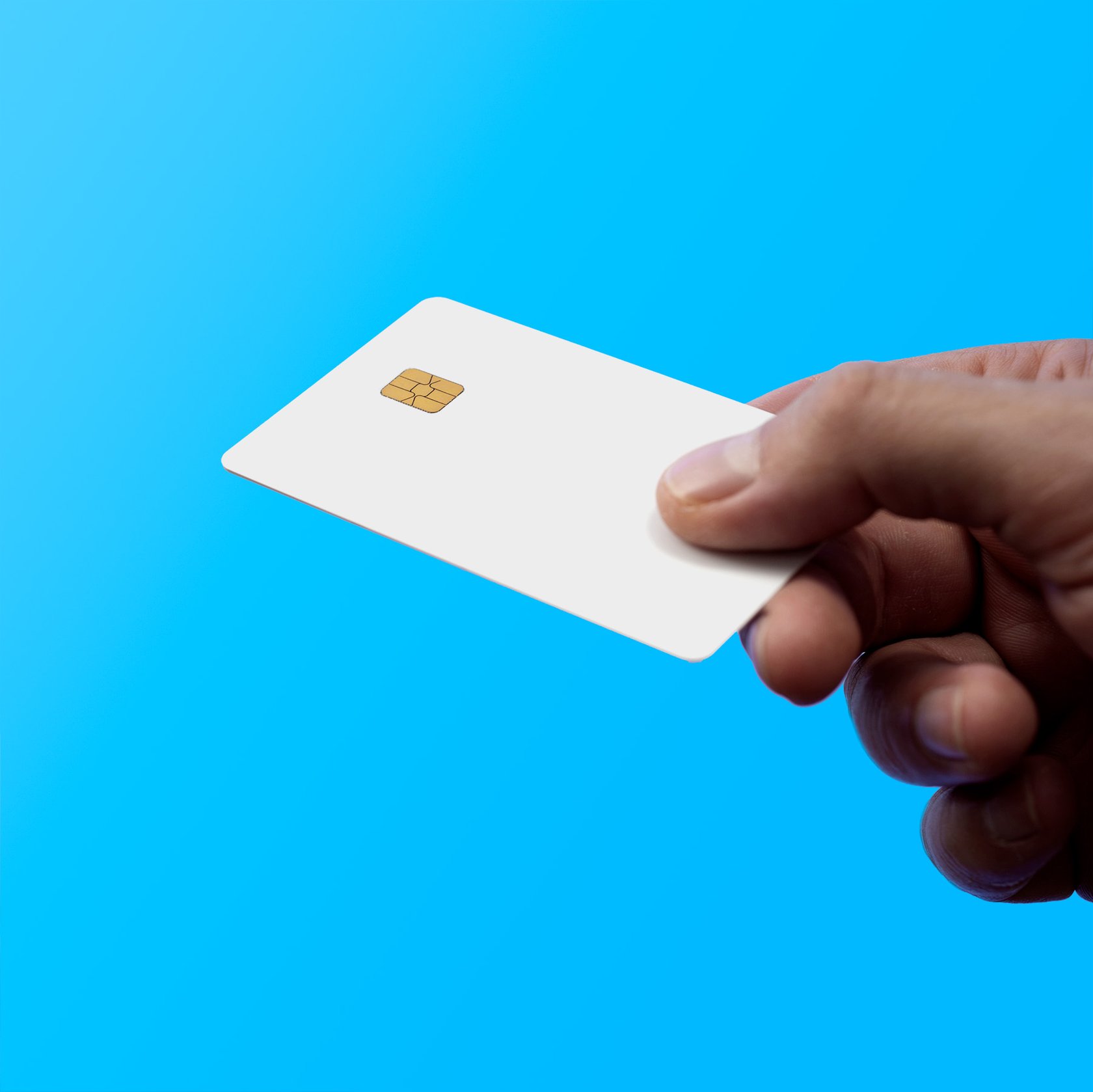Branding is an integral part of a company’s prospecting efforts. A strong brand conveys quality and reliability, which will attract new customers, but keeping them requires engagement. A white label prepaid debit card is cash in hand from a trusted name, something the customer will return to.
For companies looking to heighten the customer experience, strengthen brand loyalty, and boost business, look no further than branded prepaid debit cards. Read on to learn more about white label prepaid debit cards, why they’re a good idea, who can benefit from them, and how embedded finance can help you easily implement this feature into your offerings.
What are white label prepaid debit cards?
White label prepaid debit cards are loaded with a set amount of cash and issued by a company or brand. These cards don’t carry the typical Mastercard or Visa logo. Instead, they carry the brand of the retailer that issues them, and they’re managed by a commercial finance company, bank, or embedded banking solutions provider.
“Open-loop" prepaid cards allow customers to use them wherever they want while "closed-loop" prepaid cards mean customers can only spend with that brand. For instance, Target offers its own closed-loop debit card called the Target REDcard. Unlike a prepaid card, however, Target’s card must be linked to a checking account at a regular bank. Cardholders receive 5% off Target purchases, free two-day shipping, and 30-day extended returns.
While that setup will appeal to some consumers, it leaves out those who don’t want (or aren’t able) to connect to a checking account. Embedded finance is another way that companies can offer prepaid branded cards without requiring customers to link them to a bank or e-wallet.
EmFi — also known as banking-as-a-service — is the latest development in fintech. It allows any business in any industry to offer financial, banking, and payment solutions directly to its customers with a simple API (application programming interface). By partnering with an EmFi provider like Alviere, big brands can offer their own branded cards at a lower cost because there’s no middleman (banks) involved.
Offering branded prepaid debit cards
There are many reasons why a brand should offer white label prepaid cards: to improve customer experience, add valuable marketing tools, and build new revenue streams. Here are just some of the ways a white label prepaid card could be your company’s next smart move.
Better customer experience
Private label debit cards make shopping more convenient for customers. For example, many brands will accept returns without a receipt if a prepaid debit card has been used for payment. Also, loyalty programs can be linked to the cards so that customers earn points, cash back, or other benefits and rewards when they use the prepaid debit card.
Loyalty card programs make the customer experience a rewarding one (literally), which encourages additional purchases. A Zendesk study found that 75% of customers base purchasing decisions on their experience with a business.
White label prepaid debit cards also serve customers in other ways. Many people don’t have access to bank accounts, or they have bad credit and can’t qualify for a credit card or financing. With a prepaid debit card, cardholders can only spend up to the amount loaded on the card, so there’s no risk of racking up debt and interest payments.
Customers become brand ambassadors
Positive experiences create loyal customers. If a customer is delighted with a product, they’ll want to use that brand again. It’s an emotional reaction. But not only that, loyal customers are crucial to success. There’s no better marketer than a loyal customer — more than 70% of consumers are more likely to recommend a brand with a good loyalty program.
Loyal customers act as brand advocates through word-of-mouth, talking to friends and family about the brand, liking it on social media, and actually using the product or service. Pulling out a branded prepaid card is a case in point. It shows commitment to a brand, and there’s no better proof of a brand’s value.
A loyal customer is also more likely to engage and offer feedback to guide product and service offerings
Reaching the unbanked
According to the FDIC, around 25 million households, are unbanked with no checking or savings account at a bank or credit union. Consider this in the context of a brand like Nike, which doesn’t offer a white label prepaid debit card. If it did, Nike would see additional revenue from the unbanked — those who do not have access to traditional payment methods like credit cards, Apple Pay, Google Pay, and other digital wallets. These methods have one thing in common: they all require a link to a bank account.
First-party customer data
Open-loop (cards that can be used anywhere cards are accepted) debit cards allow enterprises to capture valuable customer data. These cards are distributed with ID encryption or security and compliance, which allows the issuing brands to track consumer spending. The data is owned by the brand, and can be used to forge partnerships and co-branding relationships. To be clear, this data does not track who did the spending — personal information and exact purchases per customer are encrypted for white label programs.
Capturing interchange revenue
Interchange fees are swipe fees charged to the merchant when a customer uses a credit, debit, or gift card to pay for goods or services. These fees cover handling costs, fraud prevention, and the overall risks associated with issuing credit.
Although the average interchange fee is just 1-2% of a transaction's total cost, these amounts quickly add up. In 2019, businesses in the United States generated $24 billion in interchange fees from prepaid and debit card transactions, according to the Federal Reserve.
Some of the fees go to the credit card issuer network (think Visa or Mastercard) and some go to the company that actually makes the payment processor (e.g., Stripe, Square) being used in the transaction. However, the largest portion of interchange fees goes to the card-issuing bank (e.g., Bank of America or Chase).
When brands issue debit cards, interchange fees become interchange revenue. With embedded finance, there’s no need for traditional banks or financial institutions, enterprises can offer customers a full host of financial services directly, including Accounts, payment processing, and the ability to issue rewards cards.
Fuel new customer engagement and revenue with debit cards
When it comes to heightening the customer experience, fostering brand loyalty, and boosting the bottom line, it doesn’t get much better than giving your customers a white label prepaid debit card. There are no bank account requirements, which broadens the reach to even more potential customers.
With Alviere, you not only get the option of prepaid debit cards but also smart gift cards that allow just-in-time (JIT) funding. In other words, you can fund gift card balances on demand rather than paying upfront.
From program design to launch, security and compliance, Alviere handles everything . If you’re ready to tap new markets and use branded debit cards, contact us today.




